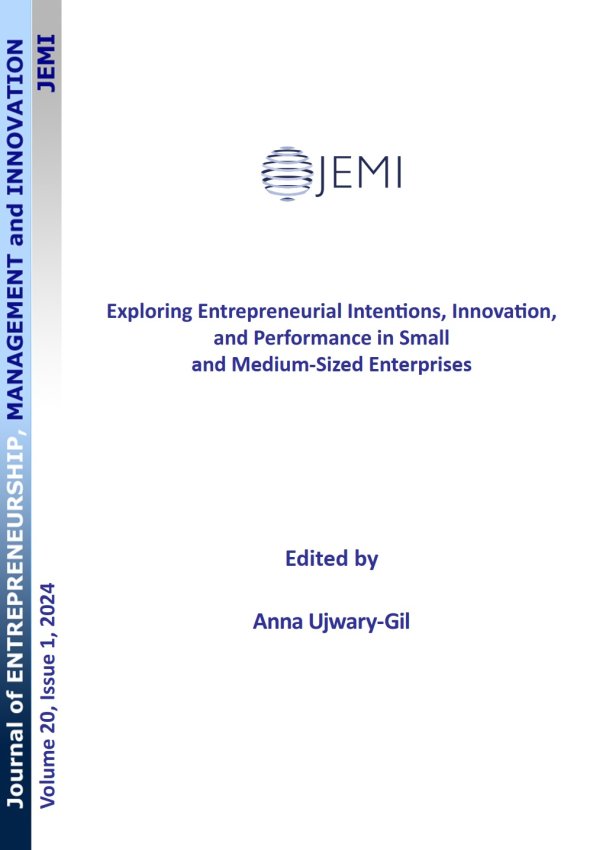Ana Judith Paredes Chacín, Full-Time Professor, Faculty Administration, Universidad Autónoma de Occidente. Santiago de Cali. 760030. Colombia, e-mail: This email address is being protected from spambots. You need JavaScript enabled to view it.. Corresponding author. 
Sebastian Diaz Bejarano, Epecializing in business intelligence with emphasis on Big Data. Statistical Professional. Universidad del Valle. Santiago de Cali. 760030. Colombia, e-mail: This email address is being protected from spambots. You need JavaScript enabled to view it. 
Freddy Marín-González, Full-Time Professor, Department of Humanities, Universidad de la Costa, Barranquilla. 080002, Colombia, e-mail: This email address is being protected from spambots. You need JavaScript enabled to view it. 
Elmer Vega-Ramírez, Professor, Faculty Engineering, Universidad del Atlántico, Barranquilla. 080002. Colombia, e-mail: This email address is being protected from spambots. You need JavaScript enabled to view it. 
Abstract
PURPOSE: The trends promoted for the strengthening of capacities that allow the interaction and valuation of knowledge as an intangible asset, deserve a management based on its transfer as a basis that drives innovation. Based on this, the purpose of the study is to examine the relationships between knowledge transfer (KT) and sustainable innovation (SI) in interorganizational contexts of small and medium-sized companies. METHODOLOGY: A process was carried out through the application of a questionnaire addressed to managers and owners of 109 small and medium-sized companies of activity in management and the development of information and communication technologies in two regions of Colombia. To show the significant differences between the two selected populations, a non-parametric Mann-Whitney test for independent samples was applied. Likewise, an application of the K-means algorithm was used to group the variables into subsets. The study of the data was complemented with the multivariate technique and the principal components analysis (PCA) to validate the contrasting of the declared hypotheses. FINDINGS: The results determine that by means of the Mann-Whitney non-parametric test for independent samples there are significant differences between the two selected populations. Likewise, the positive correlation between the variables of knowledge transfer and innovation is confirmed, as well as designing the interactions and the flow of processes between the components that support the aforementioned variables from the theoretical and empirical approach, whose interaction capacity between them has to promote the innovative potential under sustainability principles in small and medium-sized enterprises. IMPLICATIONS: Based on the results of the research carried out, scenarios are promoted through which it is sought to strengthen the interorganizational management of small and medium-sized enterprises, minimizing the barriers that weaken their stability. As well as promoting new ways of valuing knowledge as an intangible asset that, when transferred, generates effects in innovation management as part of the strengthening and interorganizational sustainability of small and medium-sized enterprises. ORIGINALITY AND VALUE: It is based on the generation of value through the proposal of a design of a system of relations between the components that promote the transfer of knowledge and sustainable innovation. Its structure is based on empirical results that allowed defining five strategic stages that show the relationships between the components that promote interorganizational and competitive management of tangible and intangible assets available in small and medium-sized enterprises.
Keywords: knowledge transfer, sustainable innovation, interorganizational environments, knowledge management, Small and Medium-sized Enterprises, SMEs, intangible assets, Colombia






